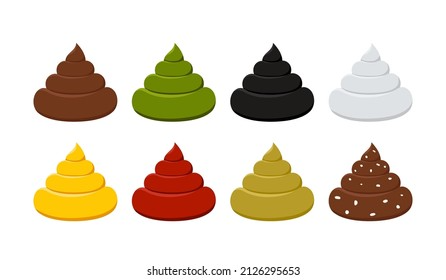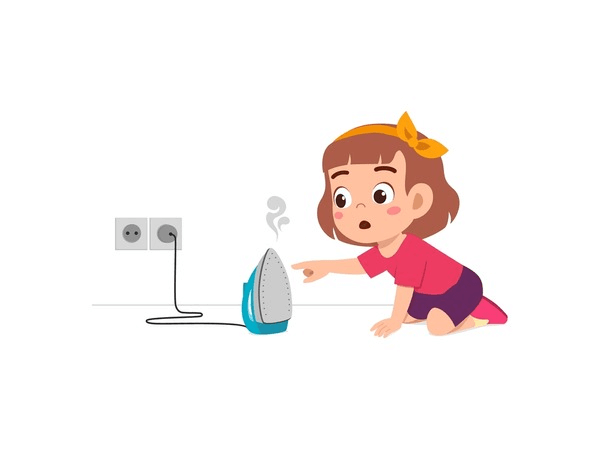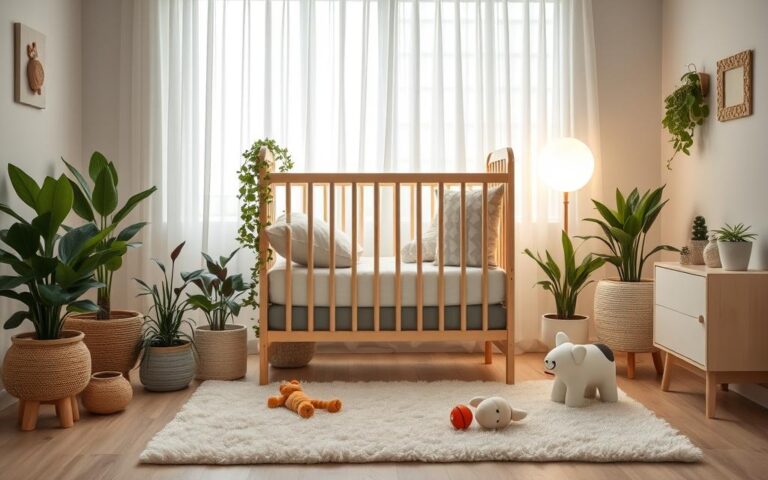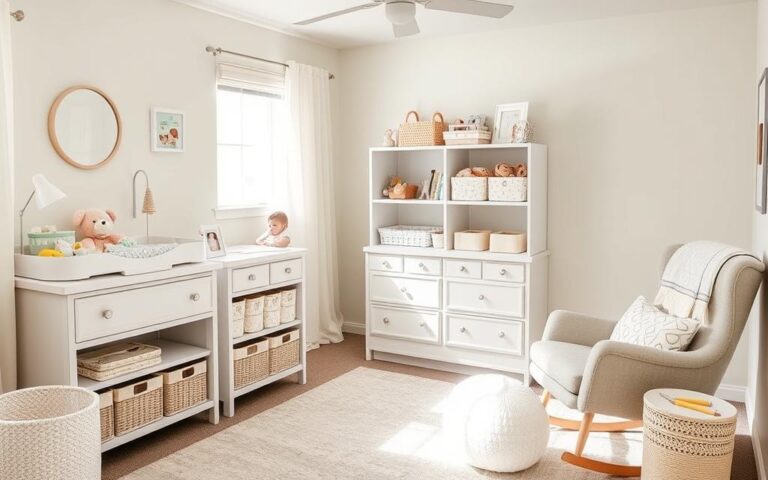Why Your Baby’s Poop Is Green?

It’s quite normal for baby poop to be green, although it can sometimes indicate a viral or bacterial infection, food allergy, or intolerance. Your newborn’s initial poop will be very dark green, almost black, transitioning to lighter green, then yellow (if breastfed) or yellow/brown (if formula-fed) within a few days. While green poop typically isn’t a concern, you should contact a doctor if your baby is also ill or if you suspect something is wrong.
What Is Green Baby Poop?
While brown or tan is the most common color for baby poop, green is also within the normal range. Seeing light, dark, or bright green poop in your baby’s diaper can be surprising. Often, green poop happens without significant cause, such as from eating spinach or taking an iron supplement. However, it can also result from more serious issues like infections.
Green poop generally means that the stool passes through the intestines quickly, without the bile (digestive fluid) having time to turn it brown. Diarrhea, which moves faster through the intestines, is often green for this reason.
Why Does My Newborn Have Green Poop?
Dark green is actually normal for newborn poop. Meconium, your baby’s first poop, is very dark green, almost black, consisting of amniotic fluid, skin cells, lanugo, and mucus. It’s sticky and tar-like, difficult to clean, but odorless. Within the first 24 hours after birth, your baby will pass meconium. As they start drinking breast milk or formula, their poop color will shift to a lighter greenish-brown, then greenish-yellow, and finally yellow or yellow-brown. The texture will also change from sticky to soft.
Also read: Is It Normal For My Newborn To Poop After Every Feeding?
Reasons for Green Baby Poop
Your baby’s poop may be green for various reasons, such as:
- Not Enough Hindmilk: Hindmilk, the high-fat, high-calorie milk that comes at the end of breastfeeding, makes poop more substantial. If your baby isn’t getting enough hindmilk, their poop may be bright green and frothy or foamy, and they might be gassy.
- Infection: A viral or bacterial infection, like a cold or stomach flu, can turn poop bright green.
- Food Allergy or Intolerance: Allergies or intolerances to milk proteins in formula or breast milk can cause green poop. Once your baby starts solids, they might react to certain foods. Symptoms may include green frothy poop, gas, and spitting up.
- Green Foods: When your baby starts eating solids, green foods like spinach, peas, and green beans can turn their poop dark green.
- Supplements and Medications: Iron supplements and certain medications can cause dark green poop. There’s no need to switch unless it causes problems.
- Phototherapy: If your baby undergoes phototherapy for jaundice, their poop might become greenish.
Are Breastfed Babies More Likely to Have Green Poop?
Green poop is common in both breastfed and formula-fed babies, though slightly more so in formula-fed ones. Breastfed babies typically have yellowish poop that may sometimes appear greenish, while formula-fed babies usually have tan, yellow/brown, or green/brown poop. Formula-fed babies also tend to have smellier poop since breast milk is digested faster.
Changes in diet, such as switching formulas, altering your diet if you’re breastfeeding, or introducing solids, can change your baby’s poop color.
Why Is My Toddler’s Poop Green?
Your toddler’s poop may be green for similar reasons as a baby’s, including infections, food allergies or intolerances, and supplements or medications. The most common reason is diet. Toddlers eat a wider variety of foods, making them more likely to consume something that turns their poop green. Additionally, exposure to other children in settings like daycare increases the chances of contracting a stomach virus, leading to green diarrhea.
When to Call the Doctor About Green Baby Poop
Green poop usually isn’t a cause for concern unless your baby is also showing signs of illness. If you notice unusual poop and can’t pinpoint a reason, or if your baby has other symptoms like fever, vomiting, or diarrhea, consult a doctor to prevent dehydration, especially if the illness persists for several days.
Certain poop colors require immediate medical attention. Contact your child’s doctor if they have red or black poop, indicating potential gastrointestinal bleeding. White or chalky gray poop can signal an infection or serious liver issue, requiring urgent care.
Understanding why your baby’s poop is green can help you determine when to seek medical advice and when to simply monitor their diet and overall health.
Also read: How To Treat Diaper Rash?





